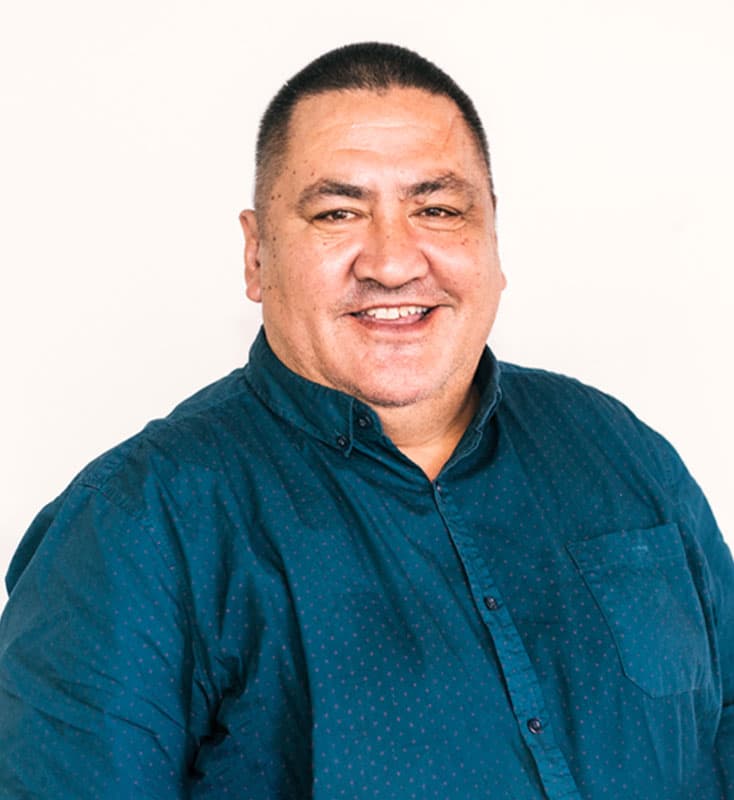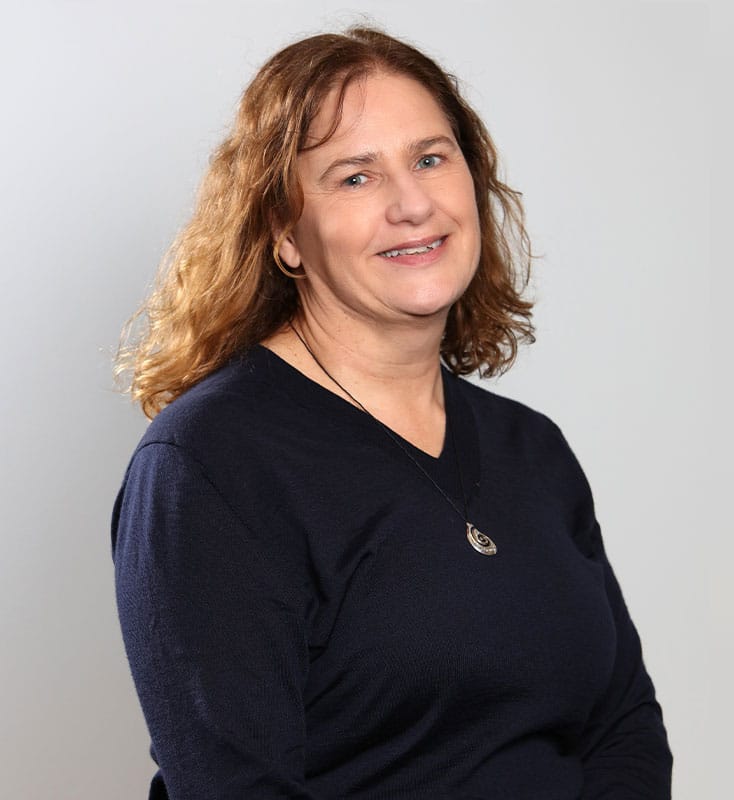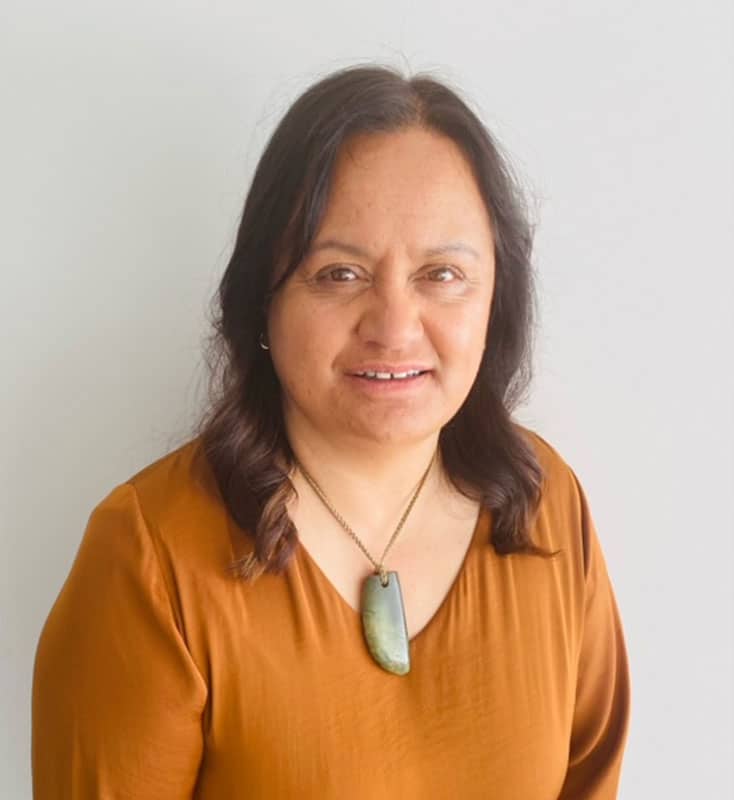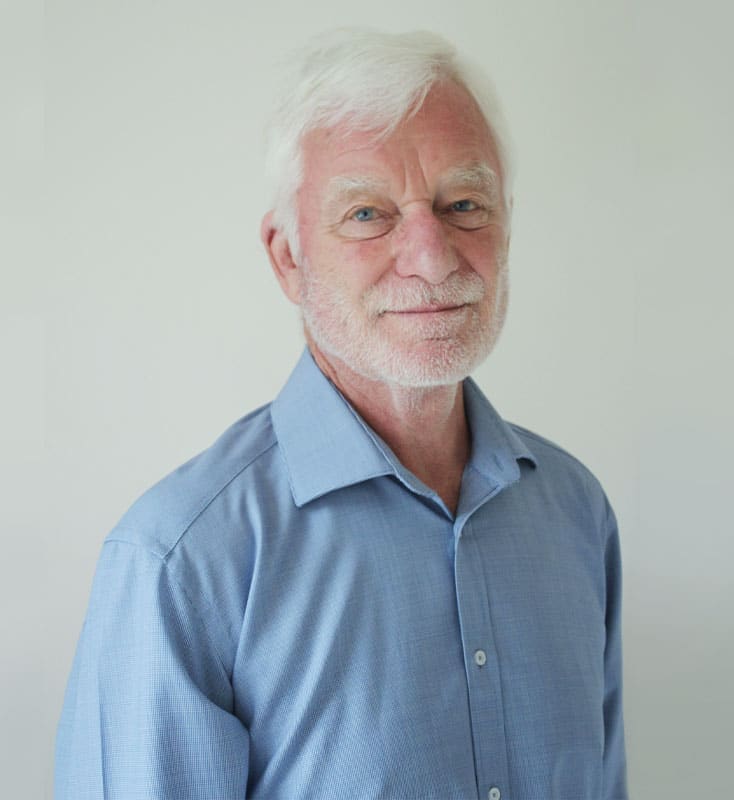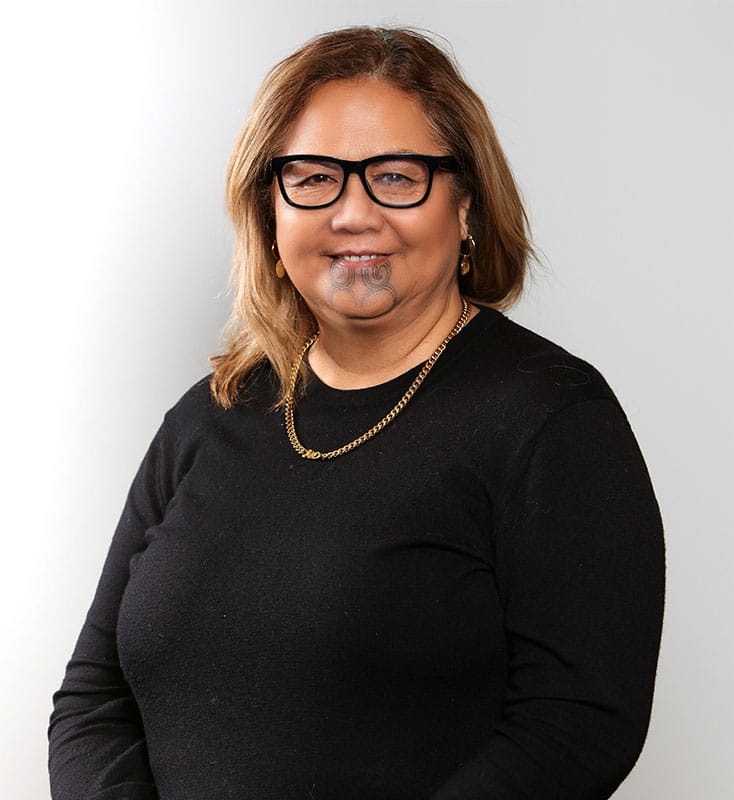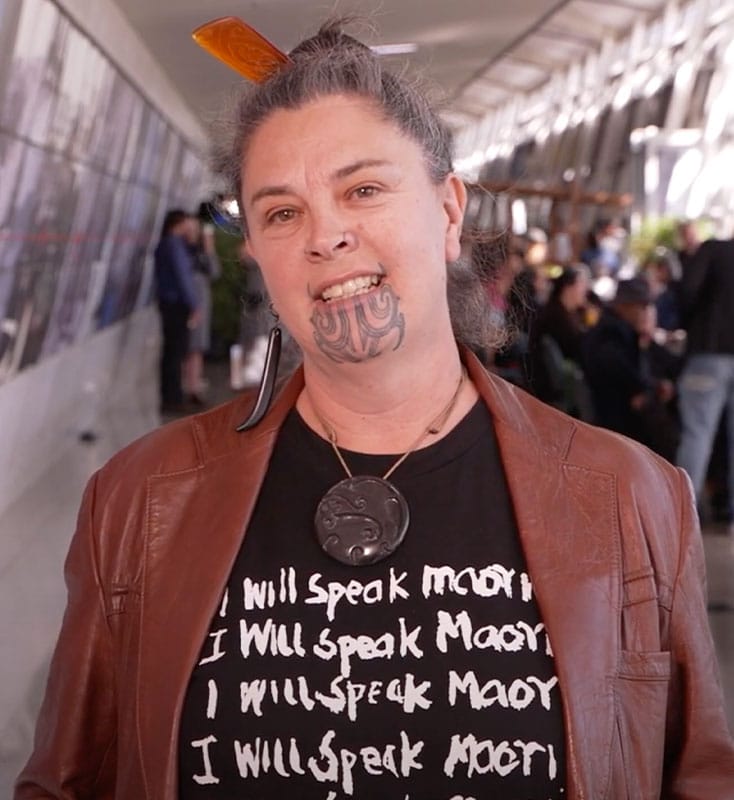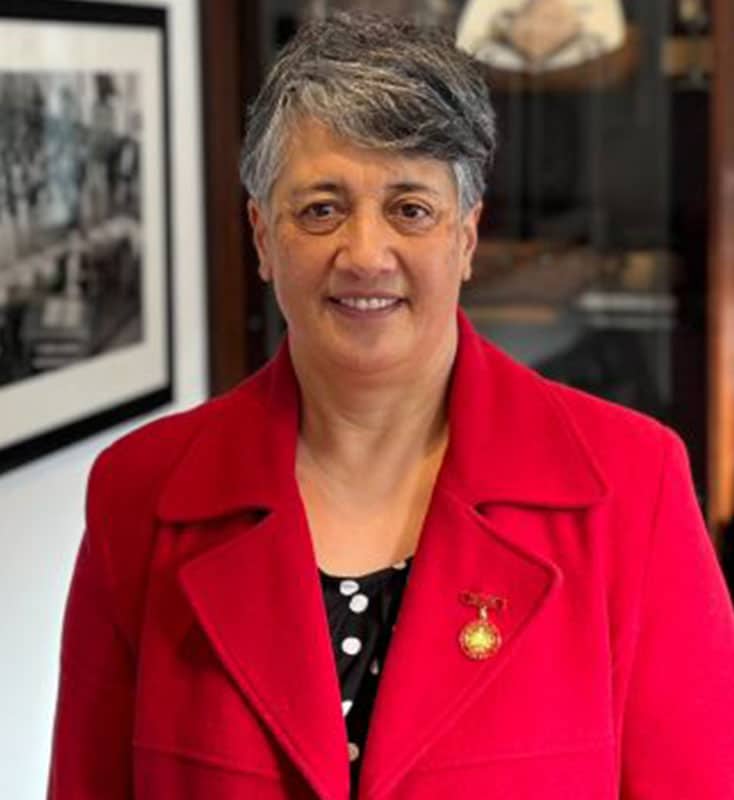This paper aims to develop a quantitative methodology that aligns with Kaupapa Māori principles to investigate Māori perspectives on housing, specifically focusing on papakāinga (traditional Māori communal living spaces).
The study seeks to understand Māori aspirations regarding the design, financing, and building of homes, their perceptions of housing and papakāinga, and the impact of these elements on Māori well-being. The authors highlight the contentious nature of quantitative research within Indigenous contexts, citing the work of Walter and Anderson, who advocate for the empowerment of Indigenous peoples through culturally grounded quantitative methodologies. This approach challenges traditional statistical methods that often overlook the complexities of Indigenous peoples’ lives and their connection to ‘place.’ The paper provides a comprehensive review of the historical and contemporary perspectives on Māori housing, illustrating a shift from traditional communal living to the challenges faced by Māori in urban environments. It underscores the negative impacts of colonisation on Māori land ownership and the consequent social and economic disadvantages, including issues related to housing. The proposed Indigenous quantitative methodology, Te Tatauranga Auaha, is designed to respect and incorporate Kaupapa Māori ontology, epistemology, and axiology. The research process, from forming partnerships to designing survey questions, distributing the survey, analysing data, and disseminating findings, is informed by Kaupapa Māori ethics, emphasising compassion, presence, careful listening, hospitality, caution, respect for participants’ mana, and non-offensiveness. This study aims to contribute not only to the understanding of Māori housing aspirations but also to the broader field of Indigenous quantitative research. By grounding the methodology in Kaupapa Māori values and principles, the project seeks to ensure that the research process and outcomes are empowering for Māori communities and contribute positively to Māori well-being.


